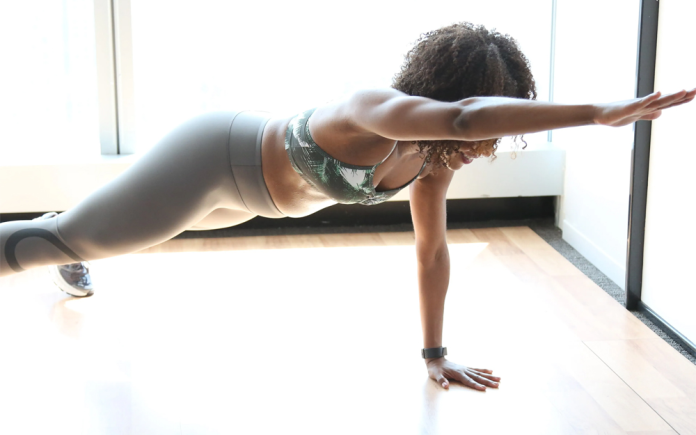
BY COACH NADIA POPOVA
Balance is one of the fundamental qualities essential for a quality life. It holds no lesser significance for the body than endurance, strength, and flexibility. Enhancing balance is imperative for athletes whose achievements depend on impeccable coordination. But the skill also proves invaluable in daily life, facilitating the execution of everyday tasks and reducing the risk of injuries.
Why are balance exercises crucial?
Frequently, domestic accidents occur as a result of inattention and a loss of balance. While some may stumble and suffer injuries, others swiftly regain their equilibrium unscathed. Cultivating this ability enables swift responses to external changes in any circumstance. Particularly, the elderly, who face heightened risks of bone fractures even from minor falls, benefit from honing their balance. A fall from one’s own height typically poses no threat to the skeletal integrity of a healthy individual. However, in the elderly, age-related changes and calcium deficiency can lead to slow-healing fractures. This concern is also prevalent among individuals suffering from osteoporosis.
Balance training brings:
- Body awareness
Proficient body control and awareness of the position of the parts of one’s own body in space are essential for individuals engaged in activities that demand high precision, such as surgeons and dentists. But developing this quality is also crucial for everyone else to ensure safety and productivity in daily functioning.
- Coordination
Focusing on enhancing balance has a positive impact on mastering body control. This vital skill applies not only to athletes. In everyday life, one often encounters situations where this ability plays a crucial role in safeguarding their well-being. For instance, when walking on icy surfaces, the capacity to swiftly find a stable body position can avert a fall.
- Joint stability
Balance training engages numerous major and minor muscles and joints within the human body, fostering their strengthening and stability. Nurturing the skeletal muscles and the overall musculoskeletal system is a key factor in refining posture.
- Reaction time
Individuals gifted with a good sense of balance exhibit rapid responsiveness to external changes. Consider, for instance, stumbling upon an uneven terrain, where promptly returning to the original position is vital for preventing a fall. The ability to maintain balance significantly improves reaction time in everyday life.
Exercises for cultivating balance
Assuming there are no acute or chronic conditions that impose limitations on physical activity, balance can be honed through a variety of approaches:
- Strolling or jogging through parks and woodlands — moving along uneven terrains prompts a plethora of muscles to harmonize your stability.
- Embarking on mountainous hiking expeditions.
- Taking up cycling or skateboarding.
- Enrolling in invigorating classes—such as yoga or Pilates—designed to foster poise and grace.
To make the most of your balance training and make your fitness journey exciting and safe, consider “Send Me A Trainer,” led by Nadia Popova.
Our team caters to bespoke personal training and group training at your preferred locations. We make sure our clients get the desired results by conducting monthly assessments and making plan adjustments if needed. Start a new chapter of your fitness life and receive unparalleled guidance and support from our exceptional team!
Best in Health,
Team SMAT
760-880-9904








































